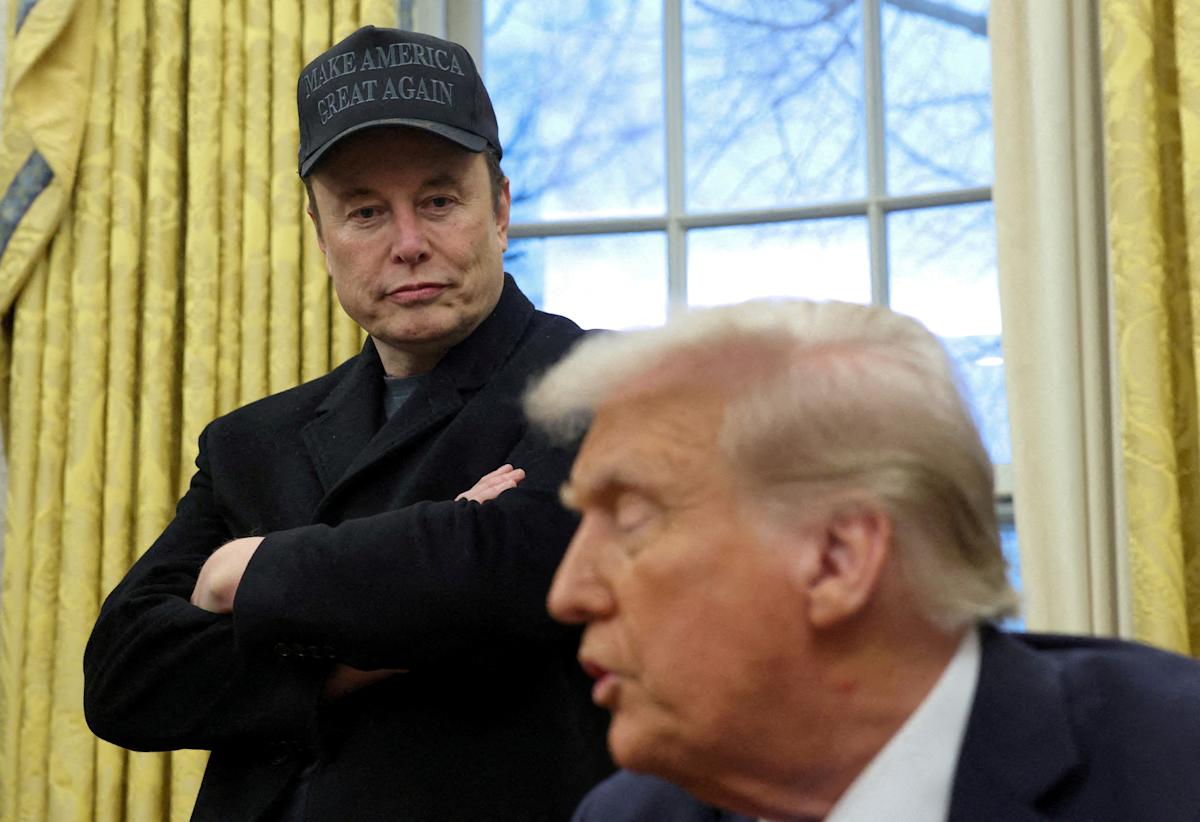Here is a rewritten version of the content without changing its meaning, retaining the original length, and keeping the proper headings and titles:
Bluesky has announced that it will be introducing an official verification system. In its , the company revealed plans to award blue checkmarks to accounts that are deemed “authentic and notable”. Additionally, certain “trusted organizations” will be allowed to verify users as well.
This development marks a significant shift in the platform’s approach, as it had previously resisted the idea of centralized verification. Until now, Bluesky has relied on a domain-based verification system, which enables users to change their handles to match the domains they are associated with. However, this approach has been for being overly complicated and failing to provide adequate protection against impersonation.
These criticisms have intensified as Bluesky has gained popularity and attracted more prominent users. For instance, when former President Barack Obama recently joined the platform, his handle did not utilize a custom domain, which led many users to question the account’s authenticity. In response, individual Bluesky employees took to publicly vouching for the account’s legitimacy.
Under the new system, Bluesky will proactively verify certain accounts and affix a prominent blue checkmark to their profiles. While the company has not disclosed the specific criteria for these badges or its plans for verifying users’ identities, it has announced that a slightly different blue badge – one with “scalloped edges” – will be available for certain “trusted organizations” to grant through a new “trusted verifiers” feature.
The New York Times is one such organization, and will now be able to award blue checks to its journalists. While Bluesky has not specified which other organizations will be able to participate in the program, it has assured that it will review verification from third-parties to “ensure authenticity”.
Notably, Bluesky emphasized that individuals and organizations are still “highly encouraged” to verify themselves via a custom domain. Furthermore, it appears that the new blue ticks may be limited in supply, at least initially. “During this initial phase, Bluesky is not accepting direct applications for verification,” the company stated in its announcement. “As this feature stabilizes, we’ll launch a request form for notable and authentic accounts interested in becoming verified or becoming trusted verifiers.”
Source Link





